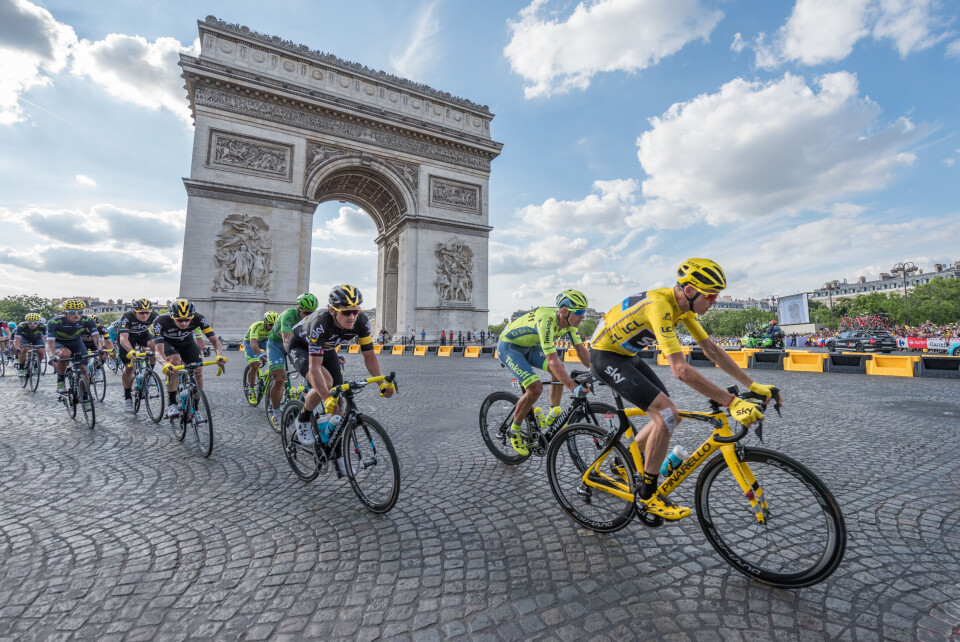-
Covid: masks return for Tour de France after cyclists test positive
Plus: What is the current Covid situation in France?
-
Seven key French expressions to help you understand Le Tour de France
The 100-year-old annual bicycle race has long-standing traditions and even its own vocabulary
-
Baffled by the Tour de France rules? Read these four points
It is one of the most-watched sporting events in the world but do you know what the jersey colours mean and why riders are not only trying to finish in the fastest time?
Why are Tour de France cyclists called ‘runners’ in French?
The linguistic reason is long, arduous and surprising - much like the race itself

Most popular
A legion of brave and super-fit cyclists have started to traipse their way around 3,300 km of French backroads in the annual fitness-fest and crowd-pleasing spectacle known as the Tour de France.
But listening to TV commentators as they describe the action – in between the very enjoyable and insightful history lessons as the peloton (the name for the bunched, main field of riders) passes through yet another stunning village – and there is an incongruous description of the riders.
They are referred to as ‘coureurs’, which is translated as ‘runners’.
The linguistic trail of this usage to describe cyclists is long and arduous, much like the race itself.
Read more: Baffled by the Tour de France rules? Read these four points
Running from woman to woman
According to the esteemed Trésor de la langue française – the digitised Treasury of the French Language – back as far as the 13th century, a coureur was a messenger; later in the 16th century a coureur was used to describe a promiscuous woman, or a womanising man who "assiduously seeks out and frequents certain places, certain people."
So far, no cycling link.
Académie française has the answer
This does not come until the 16th century, when the word's meaning evolved to describe "someone who looks for, or frequents something".
According to the Académie française, the French word la course – ‘the race’ is the key origin – un coureur thus became "a person who participates or who has the habit of participating in racing events".
The word coureur can also be used to describe a person who is always on the move, never at home such as an intrepid traveller or explorer.
And, to make things doubly complicated, la course is also the action of running!




























